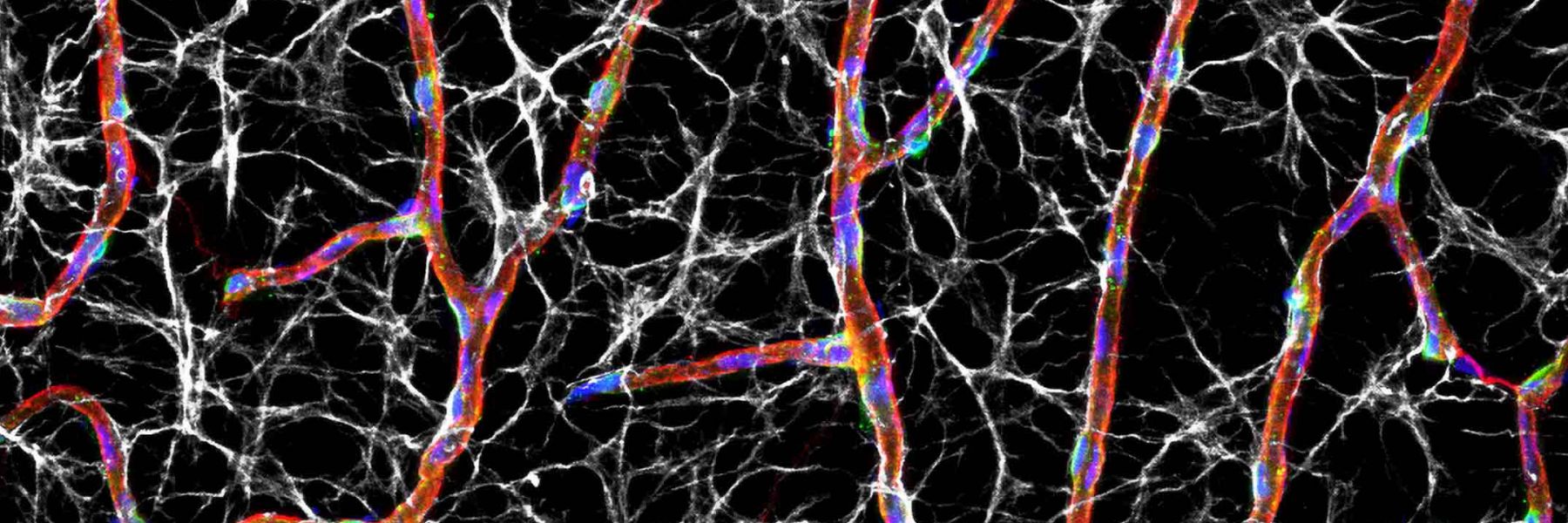The brain is a highly interconnected system that operates in a modular manner and as a whole. Using functional magnetic resonance imaging (fMRI), light microscopy and electrophysiology, NRI investigators grapple with the network as an adaptive dynamical system. By characterizing the temporal activity of neural ensembles and ultimately entire nervous systems, they seek to unravel emergent properties underlying fundamental brain functions such as decision making, multisensory integration and learning. Using optogenetics and other functional perturbative approaches, they aim to test causal relationships between the structure and the function of interconnected neural circuits.
